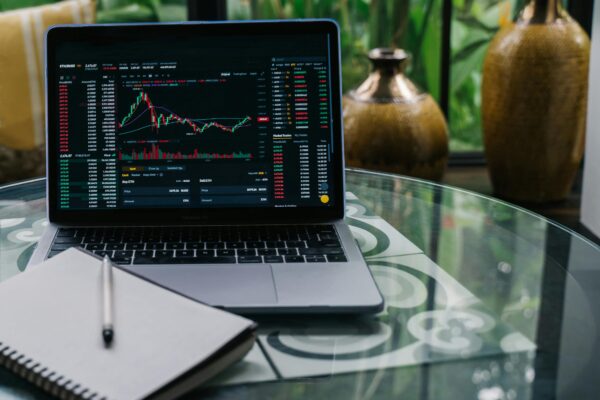
6 Wealth-Building Lessons from Khadijah (RA) Every Muslim Should Know
03 December 2025 8 min read


Adil Hussain
Head of Content
4 min read
Last updated on:
Every year, millions of Muslims around the world celebrate Eid with prayer, joy, family meals — and of course, the beloved tradition of Eidi.
For many of us, receiving that crisp £10, £20 or even £100 note from an uncle or auntie felt like a mini lottery win. But what if this year, instead of spending your Eidi on snacks, clothes or tech you’ll forget in a few months… you invested it?
Seriously. Investing your Eidi might just be the best gift you ever give yourself — or your children.
Here’s the thing: Eid money is often bonus money. It’s not part of your regular income or allowance — which means it’s the perfect amount to tuck away and watch grow.
Let’s say you receive £50 each Eid, so £100 a year, and you decide to consistently invest it instead of spending it.
If you put that into a halal investment that grows at a modest 7% annually, here’s what that could turn into:
As you can see, the longer you invest, the more your investment grows thanks to the power of compound growth.
For the record, these are basic calculations using simplified assumptions. They won’t reflect the real world exactly — but they do the job of giving you a solid idea of what consistent, long-term investing can look like.
If you’re a parent, uncle, or older sibling — giving Eidi is one thing. But guiding how it’s used is far more powerful.
Teaching a child to save and invest from a young age can:
Instead of just handing over a note, consider saying:
“This is your Eidi — half to enjoy now, and half to invest for your future.”
You can get them involved in picking the investments their money is in and you can show them the fruits of investing each year as the investments hopefully grow over time.
What are the halal investments you can invest in? Here are three common asset classes to know about:
You don’t need thousands to start. There are plenty of Sharia-compliant platforms where you can begin investing with as little as £50–£100. You can find out more on our comparison page here.
Eidi is just the start.
If you continued adding to your investment — from part-time work, pocket money, or your own savings — your long-term wealth potential multiplies.
Here’s how your savings could grow if you decided to invest £50 for the remaining non-Eid months, assuming a 7% annual return:
You don’t need to be wealthy to invest. You just need to start early, stay consistent, and keep it halal.
In the UK, a Junior ISA (JISA) is one of the best places to invest for your children. You can contribute up to £9,000 per year, and the gains are 100% tax-free. The money is locked until the child turns 18 — a perfect way to keep it safe for future needs.
The only caveat here is that you lose control over the money and the child is free to do as they please with the money at 18. This is why any investments you do should be paired with financial education so that they’re ready when the time comes.
Alternatively, to retain control, you can just use a standard Stocks & Shares ISA, which lets you invest up to £20,000 per year, also completely tax-free on gains and dividends.
We’re not saying ditch the toys, treats, or gifts altogether — those bring joy, memories, and connection, especially for kids. Giving something thoughtful and physical on Eid is part of the beauty of the celebration.
But it doesn’t have to be either-or. Even setting just a portion of your Eidi aside to invest can lay the foundation for something that lasts well beyond the sweets and celebrations. It’s about striking a balance between joy today and barakah tomorrow.
This Eid, consider doing both — give with love, and plant something for the future.
Not sure where to start? Download our free Halal Investing Starter Checklist to help you choose the right option.
And if you’re curious, check out what we’re doing at Cur8 Capital where we’re working on creating world class, ethical and Sharia compliant investment products for all.

03 December 2025 8 min read

26 November 2025 6 min read

26 August 2025 7 min read
Leave a Reply